Design Technology
Think about everything around us that has been manufactured – from the device you are reading this webpage on to the chair you are sitting in, from the tiniest pencil sharpener to the International Space Station – every one of these and countless other objects have been designed and made by engineers.
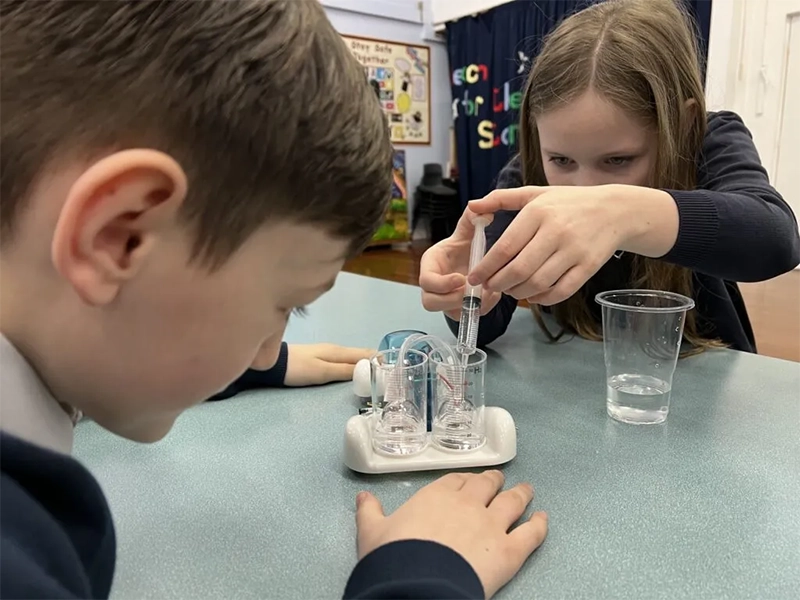
At Nunthorpe, our Design Technology curriculum aims to develop creativity, problem solving and innovation through the design, manufacture and evaluation of functional and useful products for the modern world. It combines skills from maths, science, computing and art to develop pupils who are resourceful, innovative and considerate of their surroundings.
The Design Technology curriculum is organised into five areas: Mechanisms, Structures, Textiles, Electrical Systems and Food.
From moon buggies to fruit kebabs and Roman pies to electrical board games, the children work on three design, make and evaluate projects in each year group.
Each project starts with an evaluation and critique of current products, technology and processes. The pupils learn the practical skills they will need such as cutting dowels, chopping fruit or reinforcing frames before undertaking the design, construction and evaluation of their project. Usually their project will be guided by a set of design criteria that they aim to meet.
Design Technology Curriculum
The Design Technology curriculum is organised into five areas:
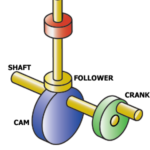
Mechanisms – the mechanical systems that make things move in the way we want to – levers, wheels and axles, cams, pneumatics.
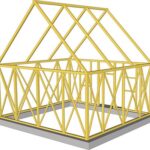
Structures – the range of 3D constructions from boxes to buildings and packaging to frame tents.
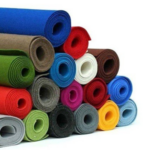
Textiles – designing and building with fabric – clothes, soft cases, footwear, hats
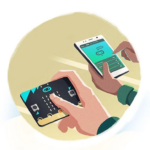
Electrical systems – creating designs that include electrical circuits, and computer controlled devices.
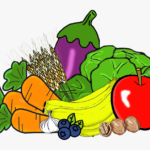
Food – designing and making edible products.
Food
Food technology is taught in every year group. Our youngest children learn to prepare and combine ingredients to produce uncooked dishes such as fruit kebabs. As the children get older they use these skills in more complex projects involving melting, heating and baking.
Alongside the design, make and evaluate projects, children will make connections to staying healthy, hygiene and the packaging and marketing of food products. They will learn where our ingredients come from and our responsibilities to farm sustainably.
Click this button to see our DT Overview…
…and click here to see our Long Term Planning for DT…




